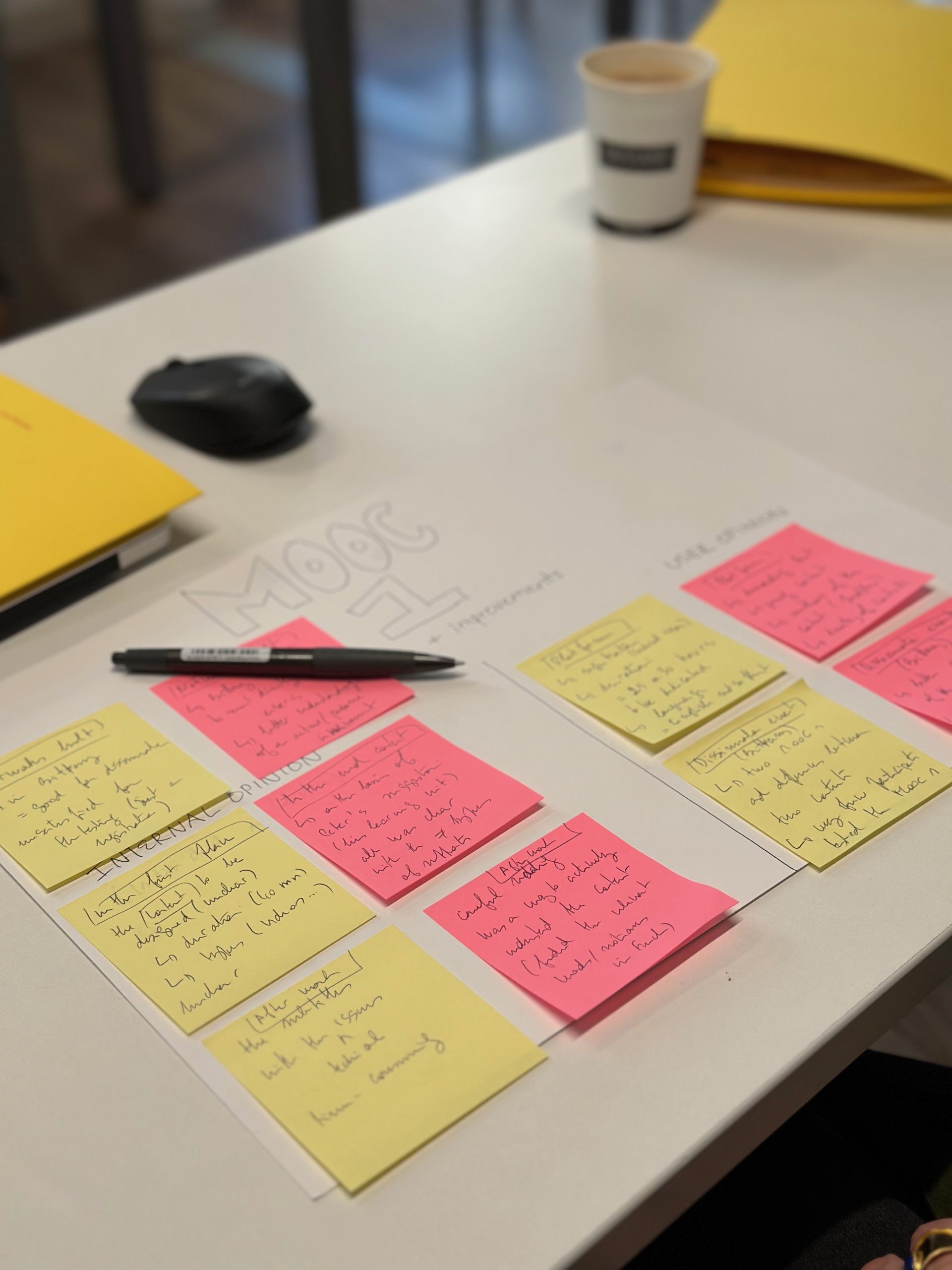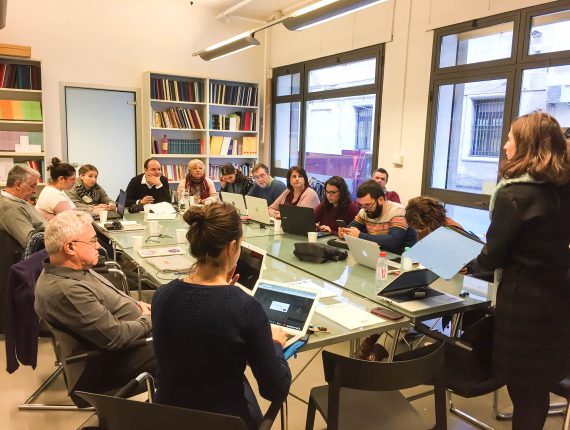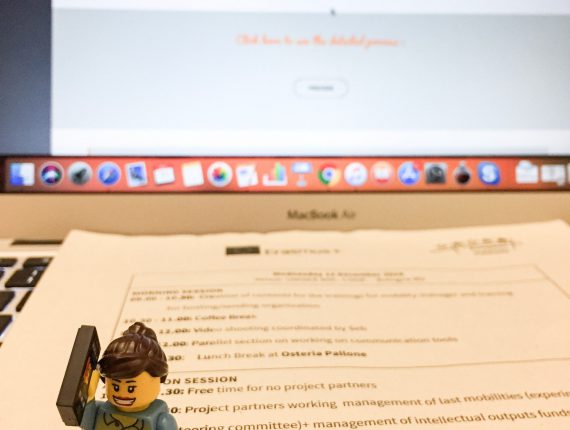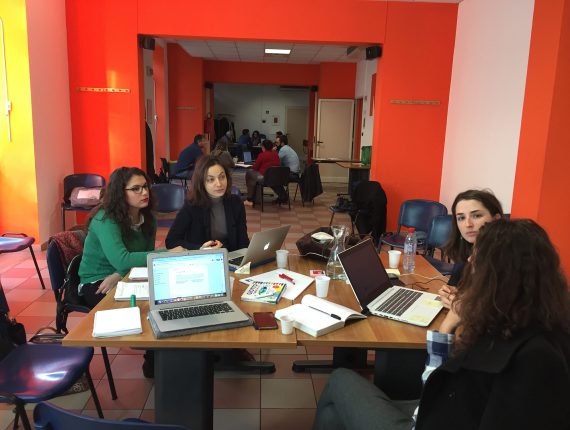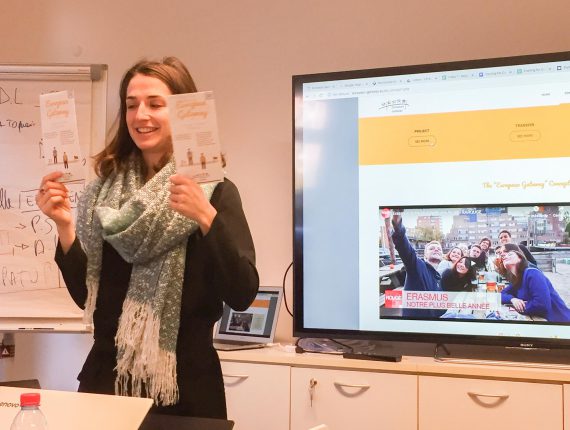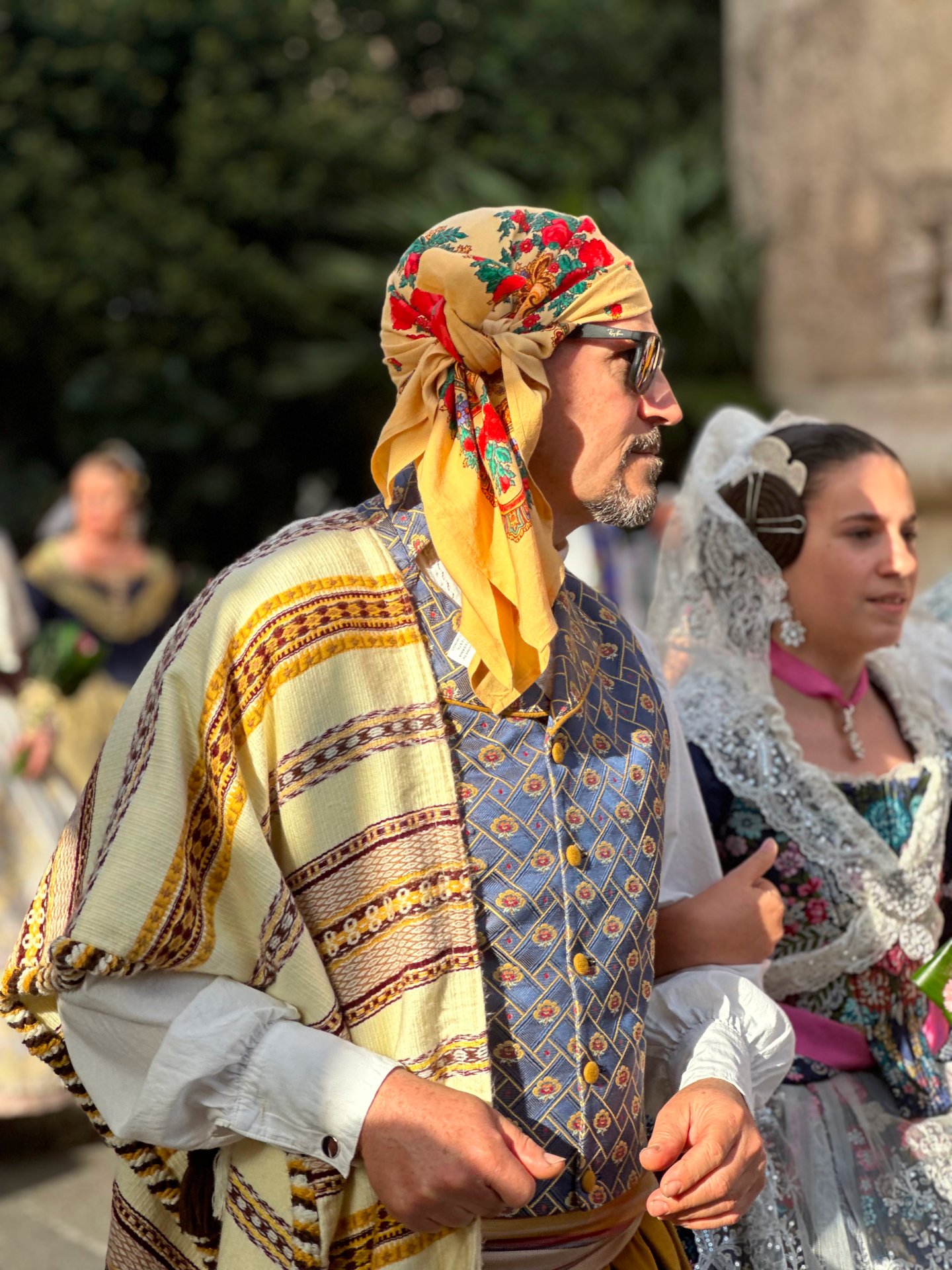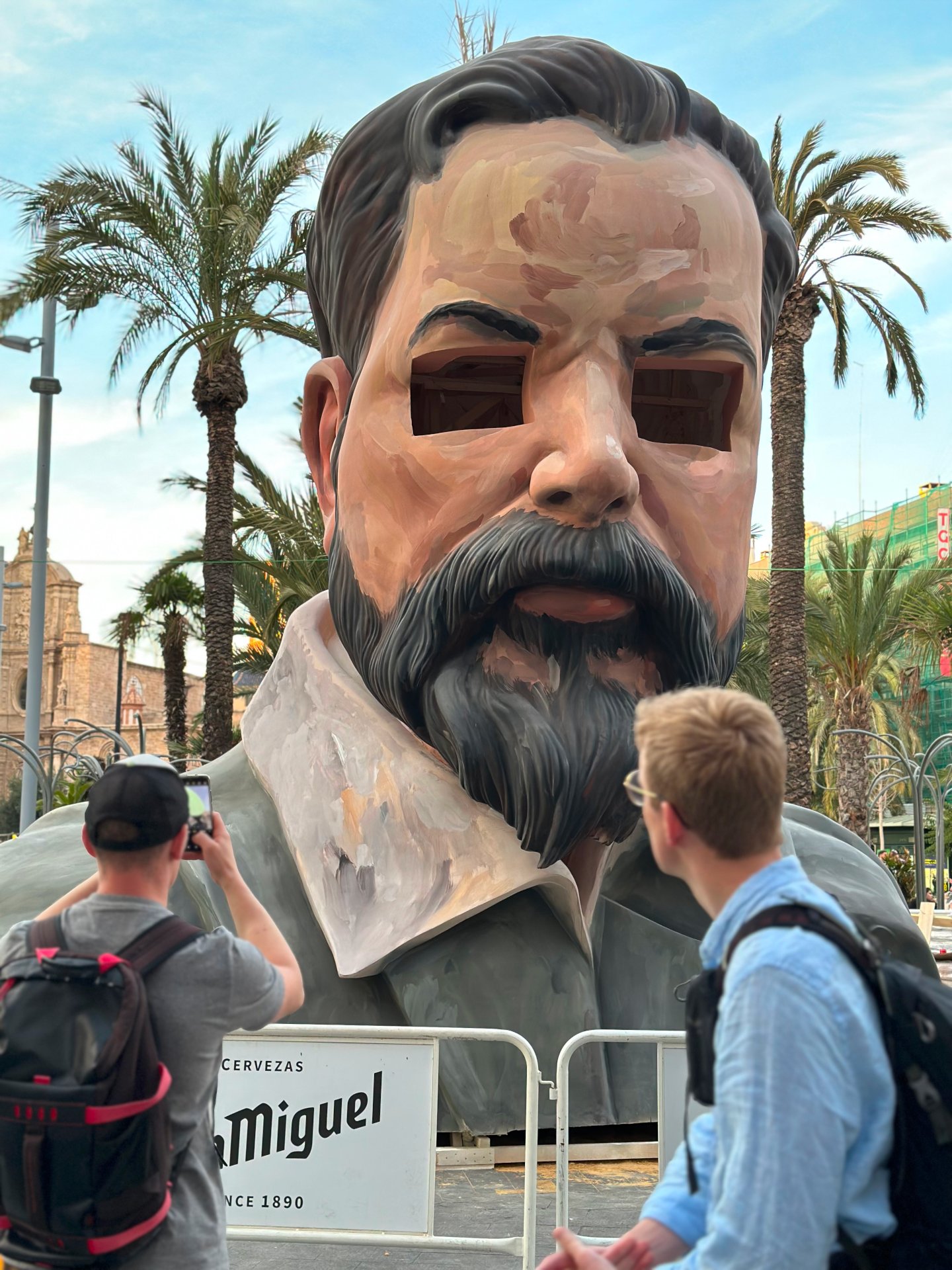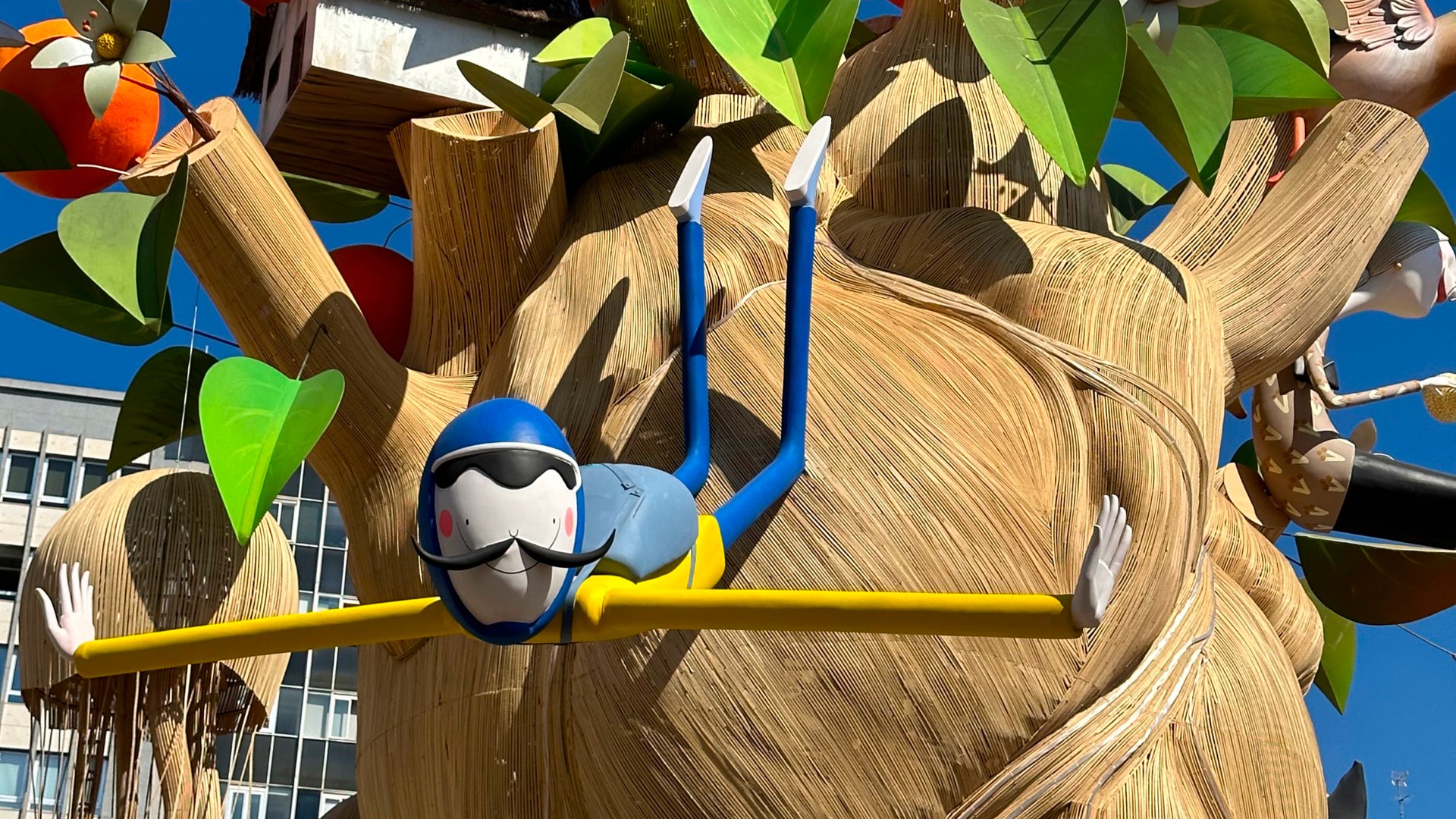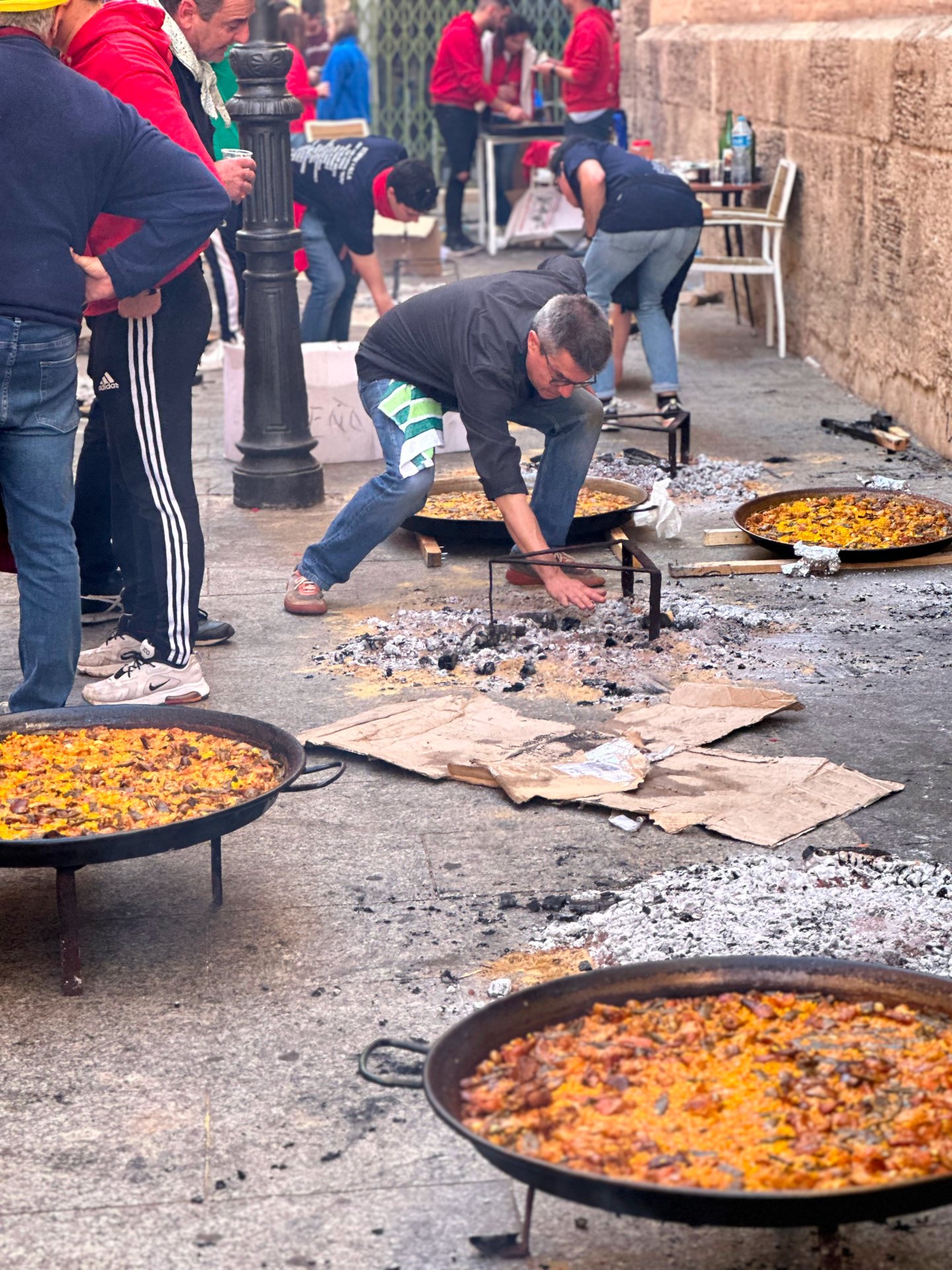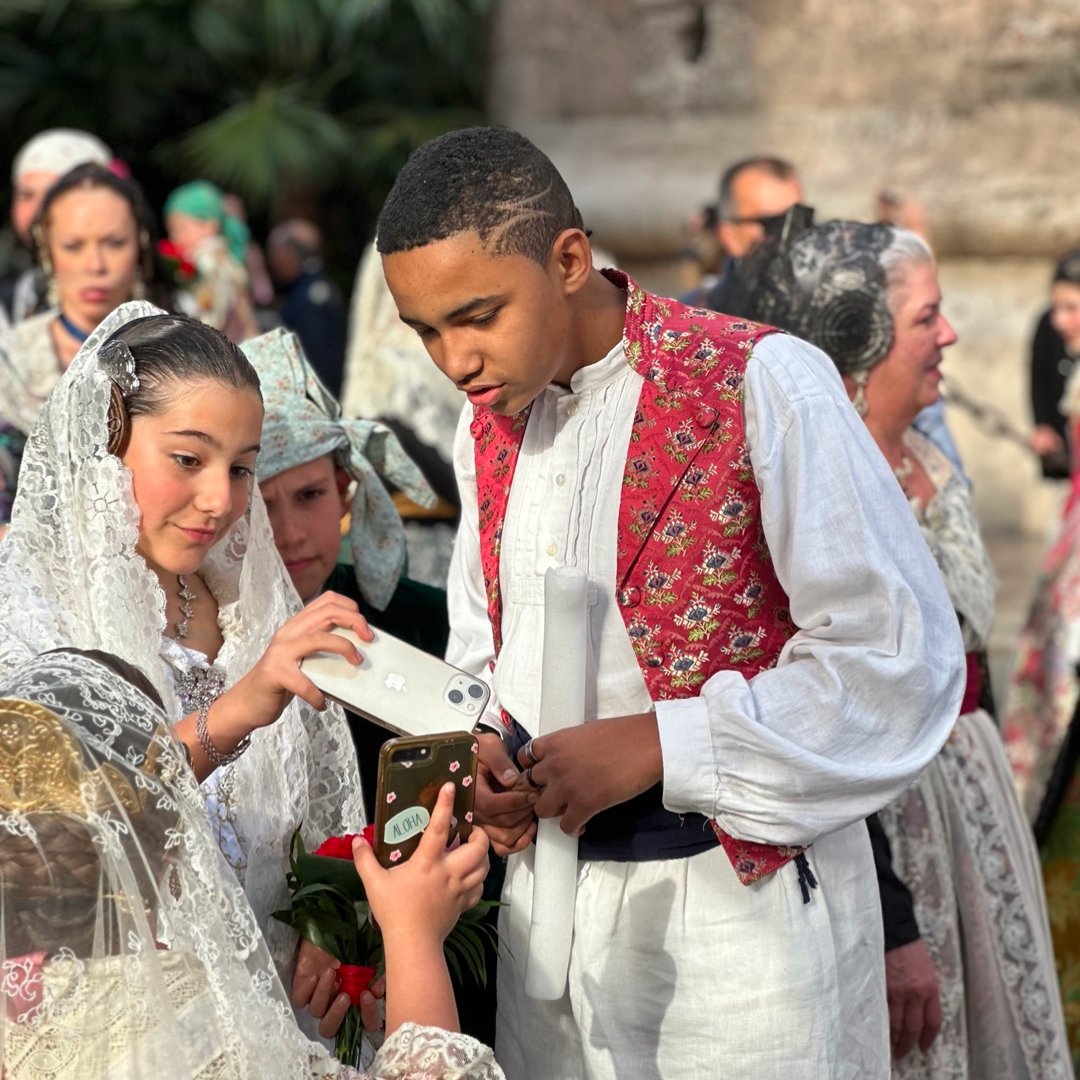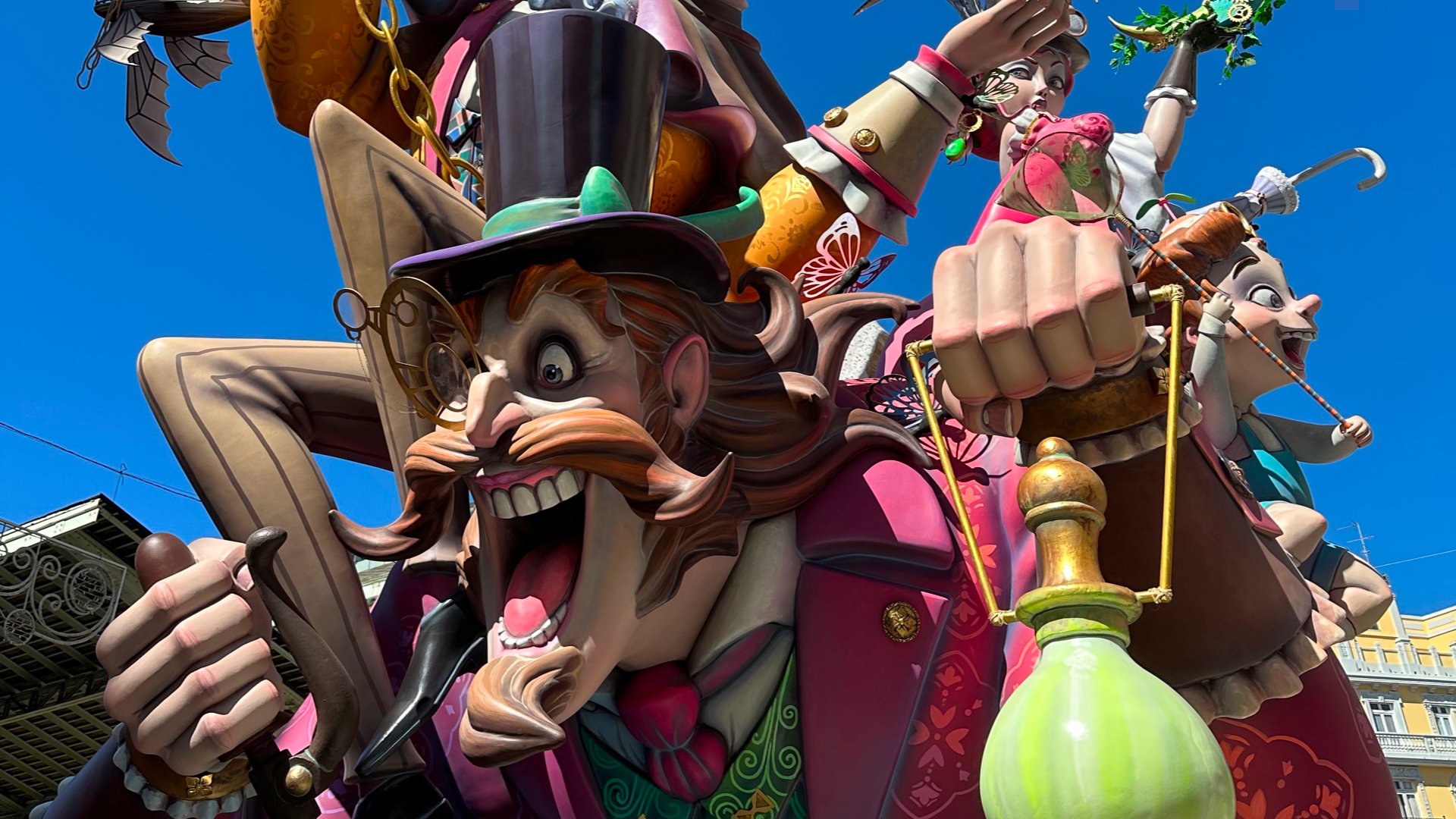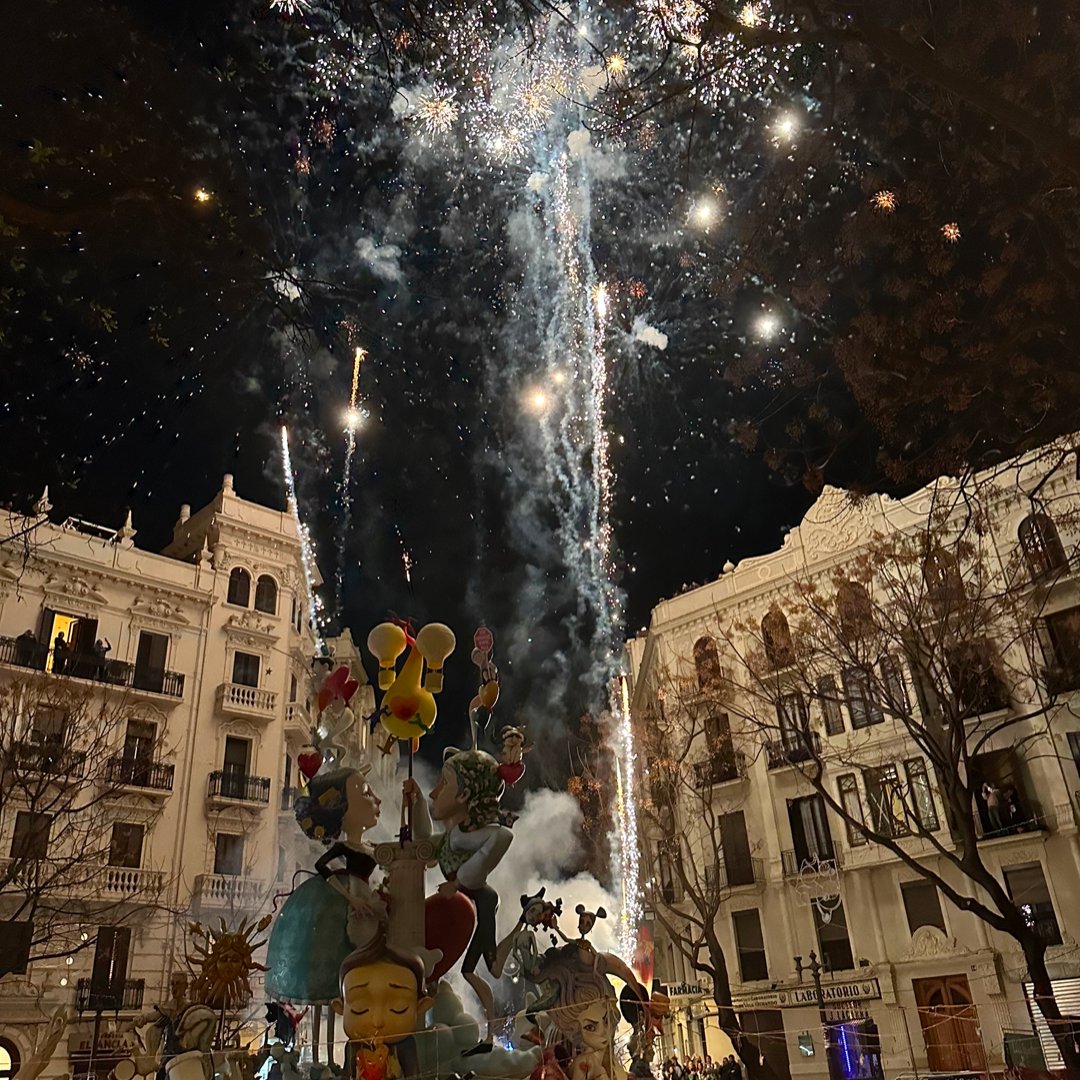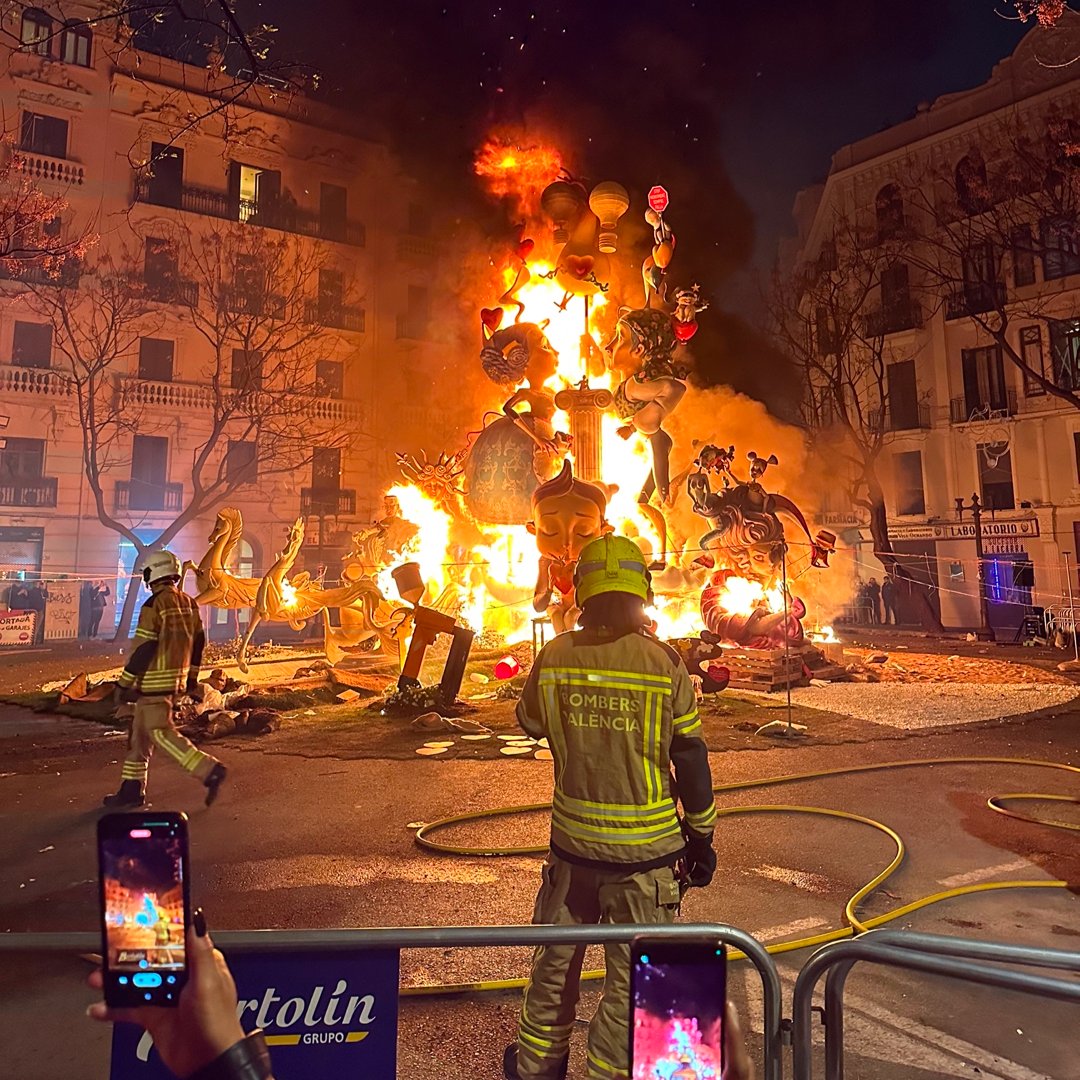On January 24th and 25th 2024, ESMOVIA hosted the fourth Transnational Meeting in Valencia, Spain with our fellow European partners, Universidad Cattolica del Sacro Cuore (IT), the University of Applied Labor Studies of the Federal Employment Agency HdBA (DE), and the Institute of Research and Information on Volunteering IRIV (FR). This meeting forms a part of our KA2 Erasmus European project EMoCC – European Mobility for Career Counseling.
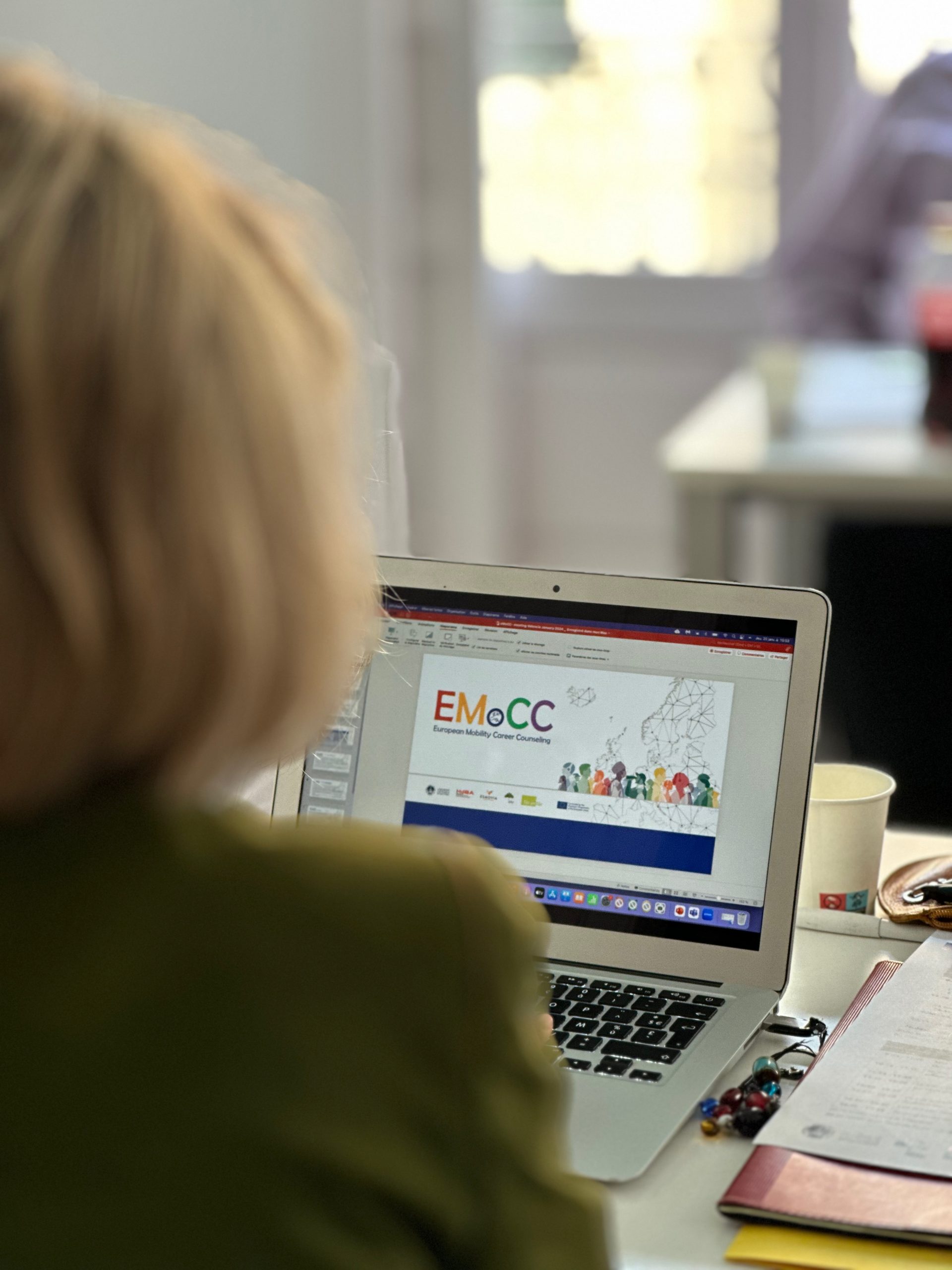
Our EMoCC project aims at promoting European job mobility by providing adequate training to Career Counselors in the form of 2 different massive open online courses (MOOC). Our prestigious team is multi-disciplinary, and our accumulated knowledge and expertise is resulting in a very high value product being created.
In this transnational meeting, we brought together the results and feedback of the first two project results, and embedded it into the MOOC on European mobility creation, to make it stronger and even more aligned with our future course users. We shared our progress on the dissemination of our project and continued to commit ourselves to further share the message, to reach as many potential users as possible. Through creative processes, shared discussions, and personal debates, partners have decided on the content of this second MOOC and the workflow and strategy, something we are proud to announce as we step into this last phase. We want our product to reach as many eyes as possible!
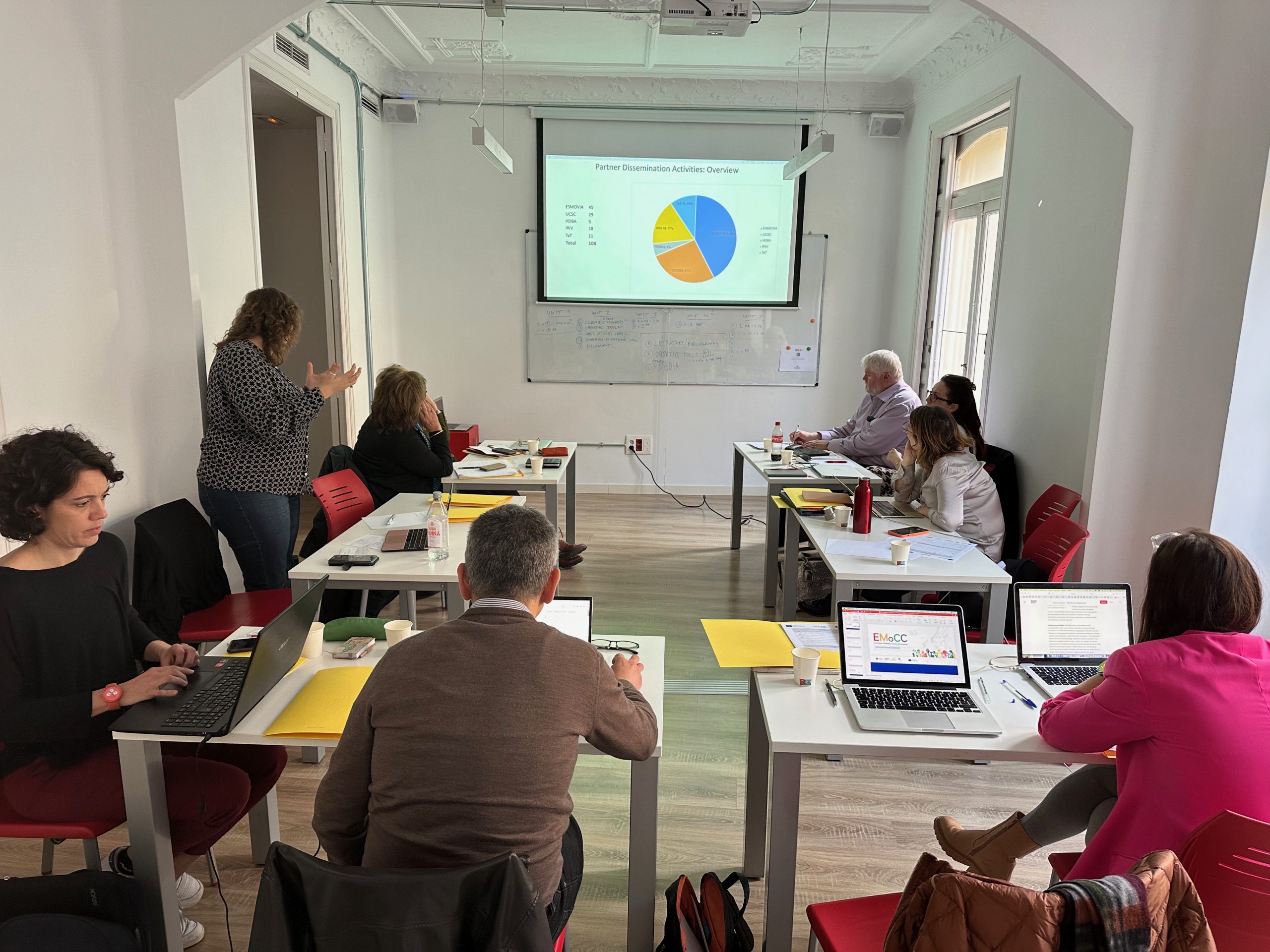
Want to know more about EMoCC?
The following results are foreseen in the project:
Project Result 1 – AtoM and WoMSA: We started with a qualitative study “AToM, Attitude Toward Moving,” which aimed to understand personal attitude and motivation towards mobility, through the means of individual interviews and focus groups. This information was then used to design a quantitative study, “WoMSA, Work Mobility Skills and Attitude Scale,” a questionnaire dispatched for individuals and counselors to better understand themselves within competences, motivation, and satisfaction inside a mobility experience. This questionnaire is a huge added value of this project, as it is a useful tool to implement in many different professional sectors across counseling and teaching. This phase was led by Universidad Cattolica del Sacro Cuore.
To carry out WoMSA questionnaire go to www.emocc.eu/womsa
Project Result 2 – MOCC on Career Counseling: We created the first MOOC, massive open online course, a 30-hour training, composed of many different media elements, to upskill the abilities of counselors. Each partner contributed their expertise within the topics. A continued testing phase is being carried out by users from all countries. This phase was led by the University of Applied Labor Studies of the Federal Employment Agency, HdBA.
To enroll in the “MOOC in Career Counseling” go to https://app.emocc.eu/
Project Result 3 – MOOC on European Mobility: We are excited to announce that we are currently starting the last phase of the project, our second MOOC. A 30-hour training, composed of different media elements, training already qualified counselors, to become European mobility experts, to help inspire increased movement. We are now in the creation stage. This phase is being led by ESMOVIA.
